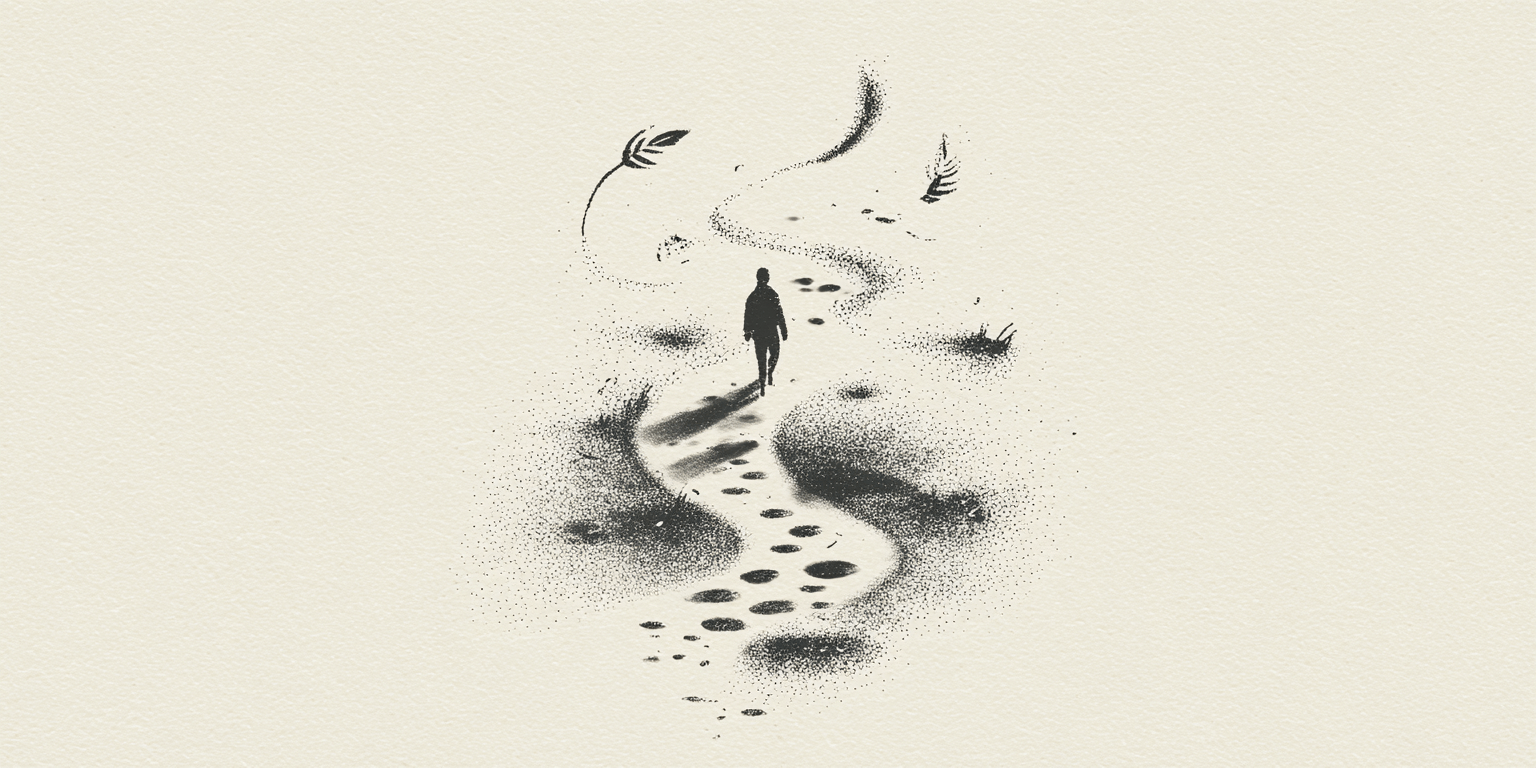Ṣalaḥ al-Irānī
March 2, 2017
5 mins read
A explanation of the Islamic principle that obedience is only in righteousness, and that no created being is to be obeyed in disobedience to Allah.

al-Barbahārī (may Allah ﷻ have mercy upon him) said:
“And from the Sunnah is not to obey anyone in the disobedience of Allah, neither the parents nor the creation. There is no obedience to a human being in the disobedience of Allah, and nobody is loved over Him. Rather, all of it is hated for the sake of Allah, Glorified and Most High.”
Explanation of Al-ʿAllāmah, Shaykh Ṣāliḥ ibn Fawzān ibn ʿAbd Allāh al-Fawzān (b. 1354 AH / 1933 CE) said: His statement, “And from the Sunnah is not to obey anyone in the disobedience of Allah,” establishes a fundamental principle from the uṣūl of Ahl al-Sunnah wa al-Jamāʿah. This principle is derived from the statement of the Prophet Muḥammad ﷺ: “There is no obedience to the creation in disobedience to the Creator.”¹ Likewise, his ﷺ statement: “Indeed, obedience is only in what is good.”² These narrations form the basis of this foundational rule.
Accordingly, whoever commands disobedience to Allah ﷻ is not to be obeyed in that matter, regardless of who he may be. Even if the person is one’s father, mother, closest relative, ruler, or leader, he is not to be obeyed in disobedience. Allah ﷻ mentioned concerning the Jews and Christians:
۞ اتَّخَذُوا أَحْبَارَهُمْ وَرُهْبَانَهُمْ أَرْبَابًا مِّن دُونِ اللَّهِ وَالْمَسِيحَ ابْنَ مَرْيَمَ ۞
“They took their rabbis and their monks to be their lords besides Allah…” (Sūrat al-Tawbah 9:31) ۞
This occurred when they obeyed their scholars and monks in matters of disobedience to Allah, thereby elevating them to a status of unwarranted authority.
The author then said:
“…neither the parents nor the creation.”
Allah ﷻ said concerning parents:
۞ وَوَصَّيْنَا الْإِنسَانَ بِوَالِدَيْهِ حَمَلَتْهُ أُمُّهُ وَهْنًا عَلَىٰ وَهْنٍ وَفِصَالُهُ فِي عَامَيْنِ أَنِ اشْكُرْ لِي وَلِوَالِدَيْكَ إِلَيَّ الْمَصِيرُ ۞
۞ وَإِن جَاهَدَاكَ عَلَىٰ أَن تُشْرِكَ بِي مَا لَيْسَ لَكَ بِهِ عِلْمٌ فَلَا تُطِعْهُمَا ۖ وَصَاحِبْهُمَا فِي الدُّنْيَا مَعْرُوفًا ۖ وَاتَّبِعْ سَبِيلَ مَنْ أَنَابَ إِلَيَّ ۚ ثُمَّ إِلَيَّ مَرْجِعُكُمْ فَأُنَبِّئُكُم بِمَا كُنتُمْ تَعْمَلُونَ ۞
“And We have enjoined on man to be dutiful and good to his parents. His mother bore him in weakness and hardship upon weakness and hardship, and his weaning is in two years. Give thanks to Me and to your parents. Unto Me is the final destination. But if they both strive with you to make you associate with Me that of which you have no knowledge, then do not obey them, but accompany them in this world with kindness, and follow the path of those who turn to Me in repentance and obedience. Then to Me will be your return, and I shall inform you of what you used to do.” (Sūrat Luqmān 31:14-15) ۞
Allah ﷻ also said:
۞ وَوَصَّيْنَا الْإِنسَانَ بِوَالِدَيْهِ حُسْنًا ۖ وَإِن جَاهَدَاكَ لِتُشْرِكَ بِي مَا لَيْسَ لَكَ بِهِ عِلْمٌ فَلَا تُطِعْهُمَا ۚ إِلَيَّ مَرْجِعُكُمْ فَأُنَبِّئُكُم بِمَا كُنتُمْ تَعْمَلُونَ ۞
“And We have enjoined on man to be good and dutiful to his parents. But if they strive to make you associate with Me that of which you have no knowledge, then do not obey them. Unto Me is your return, and I shall inform you of what you used to do.”
(Sūrat al-ʿAnkabūt 29:8) ۞
These verses clearly establish that obedience to parents, despite its great importance in Islām, is conditional upon obedience to Allah. When parents command disobedience, they are not to be obeyed, though kindness and good companionship must still be maintained.
Therefore, there is no obedience to any created being in that which involves disobedience to the Creator. This applies even to the closest of relatives, such as one’s parents. If this principle applies to them, then it applies with even greater force to others.
al-Barbahārī then said:
“…and nobody is loved over Him (Allah); rather, all of that is hated for the sake of Allah, Glorified and Most High.”
This means that there is no love for disobedience, nor for the one who commands disobedience. Rather, disobedience is hated, and its people are hated for the sake of Allah. Sins are hated, as are those who commit them and those who call others to them. This does not negate justice, wisdom, or good conduct, but reflects the principle of al-walāʾ wa al-barāʾ, which is grounded in īmān. In this regard, the Prophet ﷺ said: “Whoever among you sees an evil, let him change it with his hand. If he is not able, then with his tongue. If he is not able, then with his heart, and that is the weakest level of faith.”⁶ Thus, sins and those who promote them are to be disliked for the sake of Allah, and this attitude forms part of true faith.
References
Ṣāliḥ ibn Fawzān al-Fawzān, Ithāf al-Qāriʾ fī Sharḥ al-Sunnah li-al-Barbahārī, 2 vols, Maktabat al-Rushd, Riyadh, 2005, vol. 2, p. 123, no. 169.
Aḥmad ibn Ḥanbal (d. 241 AH / 855 CE), al-Musnad, ed. Shuʿayb al-Arnāʾūṭ et al., 50 vols, Muʾassasat al-Risālah, Beirut, 1995, vol. 4, p. 432; Sulaymān ibn Aḥmad al-Ṭabarānī (d. 360 AH / 971 CE), al-Muʿjam al-Kabīr, ed. Ḥamdī ʿAbd al-Majīd al-Salafī, 25 vols, Maktabat Ibn Taymiyyah, Cairo, 1994, vol. 18, p. 185.
Muḥammad ibn Ismāʿīl al-Bukhārī (d. 256 AH / 870 CE), Ṣaḥīḥ al-Bukhārī, ed. Muṣṭafā Dīb al-Bughā, Dār Ibn Kathīr, Damascus and Beirut, 1993, no. 4085.
The Qurʾān, Sūrat al-Tawbah 9:31.
The Qurʾān, Sūrat Luqmān 31:14-15.
The Qurʾān, Sūrat al-ʿAnkabūt 29:8.
Muslim ibn al-Ḥajjāj al-Naysābūrī (d. 261 AH / 875 CE), Ṣaḥīḥ Muslim, ed. Muḥammad Fuʾād ʿAbd al-Bāqī, Dār Iḥyāʾ al-Turāth al-ʿArabī, Beirut, n.d., no. 49, vol. 1, p. 69.